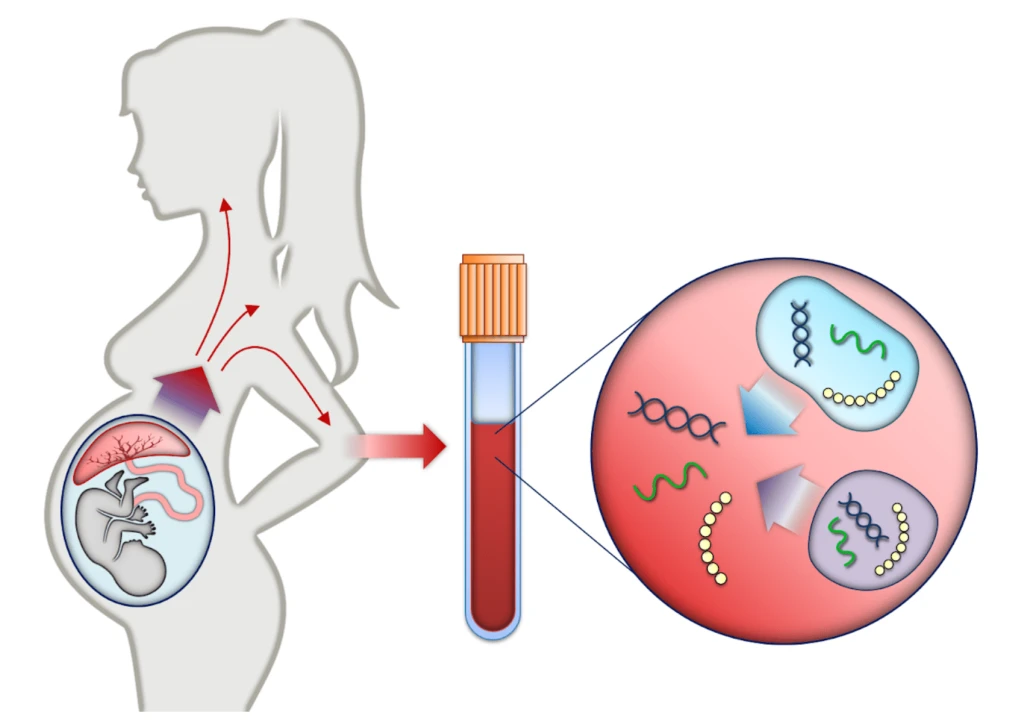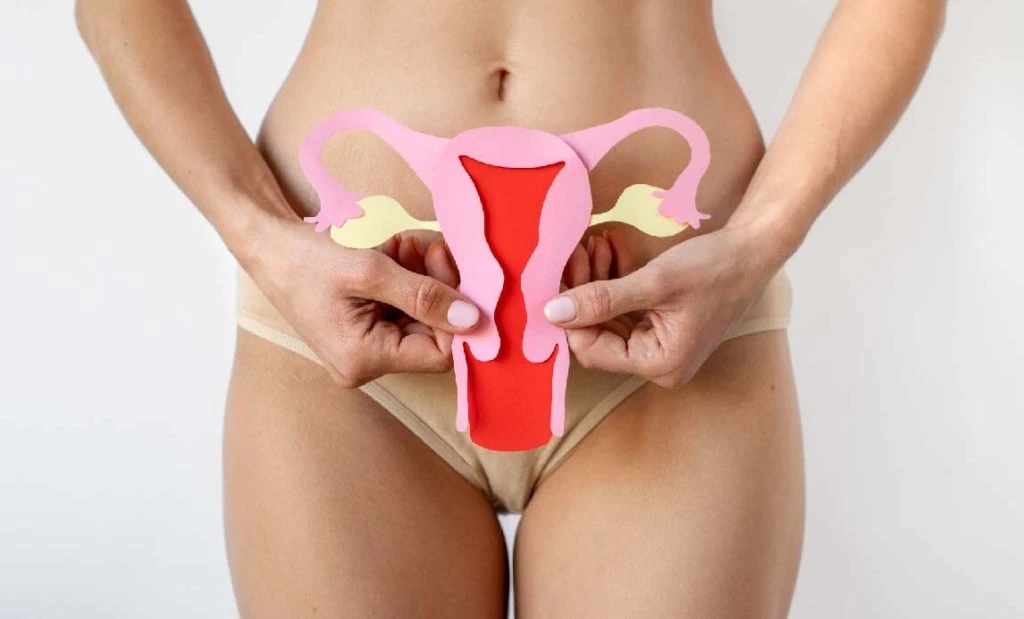Struggling to conceive is one of the most emotionally difficult experiences many people face. For some, the process is quick and straightforward; for others, it can feel like a relentless cycle of waiting, disappointment, and unanswered questions. While every individual’s fertility journey is unique, there are certain signs that may suggest an underlying issue affecting your ability to become pregnant. Recognising these signs early allows you to seek support, arrange the right tests, and begin treatment sooner rather than later.
Irregular or Absent Periods
A healthy menstrual cycle typically ranges between 21 and 35 days. If your cycle is highly unpredictable, or if periods frequently skip altogether, it may indicate an underlying issue with ovulation. Without consistent ovulation, there’s no egg available for fertilisation, which makes conception impossible. Causes of irregular cycles vary from hormonal imbalances, such as polycystic ovary syndrome (PCOS), to thyroid conditions or significant stress.
It’s worth tracking your cycle for several months to see whether irregularity is a pattern or a one-off occurrence. If periods are absent for three months or longer without pregnancy, it’s a clear sign to seek medical advice.
Severe Period Pain
Some level of discomfort during menstruation is normal, but debilitating pain that interferes with daily life may be a red flag. Severe cramping is often associated with conditions like endometriosis, where tissue similar to the womb lining grows outside the uterus, leading to inflammation, scarring, and sometimes blocked fallopian tubes.
Because pain is so often normalised, many people live with endometriosis for years before seeking help. If you find yourself relying heavily on pain medication, missing work, or unable to carry out normal activities during your period, it’s important to raise this with a doctor.
Signs of Hormonal Imbalance
Fertility relies heavily on balanced hormone levels. Symptoms such as sudden weight gain, excessive hair growth on the face or body, thinning scalp hair, or persistent acne can all signal hormonal disruptions that may interfere with ovulation.
PCOS is the most common hormonal condition linked to infertility, but other issues such as elevated prolactin levels or thyroid disorders can also play a role. A simple set of blood tests can help identify whether your hormone levels are within the expected range for your age and stage of life.
Age-Related Fertility Decline
While it isn’t a sign in the same way as irregular cycles or pain, age remains one of the most significant factors affecting fertility. Egg quality and quantity both decline over time, with a notable reduction after the age of 35. This doesn’t mean pregnancy is impossible, but it does mean the chances naturally decrease and the risk of miscarriage increases.
If you’re considering trying for a baby later in life, it’s sensible to explore fertility assessments, including an AMH test, which can give you an indication of your ovarian reserve. Understanding your starting point allows you to make informed decisions about your next steps.
Pain During Sex

Dyspareunia, or pain during sexual intercourse, isn’t always linked to fertility issues, but when it occurs consistently it can be a sign of conditions such as endometriosis, pelvic inflammatory disease, or fibroids. These conditions may not only cause discomfort but can also directly affect your chances of conception.
It’s important not to dismiss pain as something to ‘put up with’. Whether mild or severe, if pain during sex is a persistent issue, it warrants investigation by a healthcare professional.
Underlying Health Conditions
Certain chronic illnesses can affect fertility more than people realise. Uncontrolled diabetes, untreated coeliac disease, autoimmune conditions such as lupus, and even long-term obesity can all reduce the likelihood of conception. In some cases, the condition itself is the main factor; in others, the medications used to manage it may interfere with fertility.
This is why a full health review is an important part of any fertility assessment. Sometimes managing the underlying condition more effectively is enough to restore normal fertility.
Lack of Pregnancy After a Year of Trying
Perhaps the clearest sign of all is time. If you’ve been having regular, unprotected intercourse for 12 months without conceiving — or six months if you’re over 35 — it’s time to seek a fertility evaluation. At this point, doctors can carry out targeted investigations to identify whether there’s an issue with ovulation, sperm quality, fallopian tube health, or another factor.
Even if no obvious symptoms are present, the absence of pregnancy after this period is enough to justify medical input.
What to Do If You Recognise These Signs
Experiencing one or more of these signs doesn’t automatically mean you can’t get pregnant. Many conditions, once identified, can be treated successfully, and countless people who struggle initially go on to conceive either naturally or with the help of fertility treatments. The most important step is not to ignore the signs or delay seeking advice.
If you’re worried, consider arranging fertility tests or safe private ultrasound appointments to begin building a clearer picture of your reproductive health. Knowledge is empowering: the sooner you understand what’s happening, the sooner you can take steps towards the outcome you want.
Final Thoughts
Fertility is complex, influenced by age, hormones, health, and countless individual factors. While the signs above may indicate that conceiving naturally will be difficult, they’re also signals that it’s time to act — to seek support, to ask questions, and to pursue clarity.
No one should feel they have to navigate these concerns alone. By recognising the signs and pursuing timely medical advice, you give yourself the best chance of understanding your fertility and planning a path forward.








